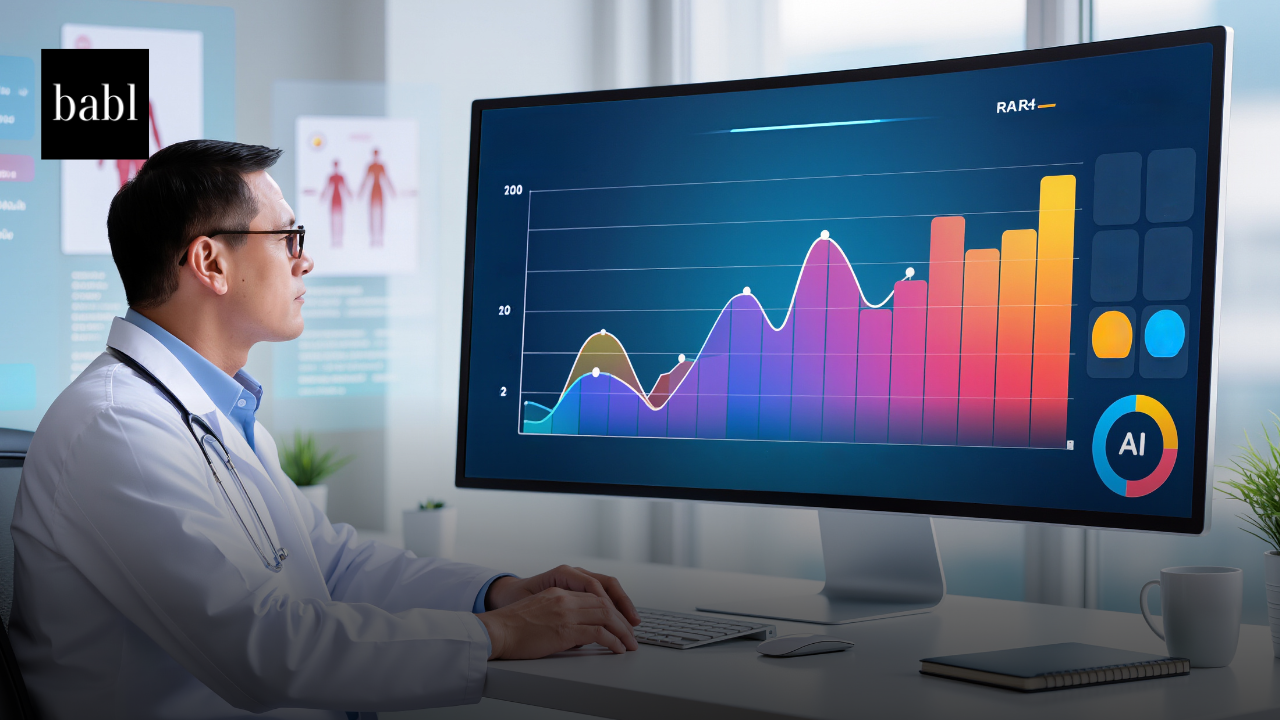Australia and Singapore announced a memorandum of understanding (MOU) to advance cooperation in artificial intelligence (AI) technology. Signed by Australia’s Minister for Industry and Science, Ed Husic, and Singapore’s Minister for Digital Development, H.E. Josephine Teo, the agreement aims to foster innovation, promote ethical governance, and create mutual economic opportunities in AI development.
The newly signed MOU builds upon a 2020 AI agreement between the two nations. It aligns with the broader objectives of the Singapore-Australia Digital Economy Agreement and the Comprehensive Strategic Partnership. The agreement acknowledges the transformative power of AI and its potential to drive economic growth and innovation while emphasizing the need to mitigate associated risks.
Both nations aim to leverage their respective strengths in AI to shape international standards, policies, and frameworks. The MOU also underscores the importance of human-centric approaches to AI, focusing on trust, safety, and ethical use.
The MOU outlines several objectives, including:
-
- Best Practices and Talent Exchange: Encouraging collaboration between government, academia, and industry to share best practices, access new markets, and foster AI talent development.
-
- Commercialization and Innovation: Strengthening connections between research and industry to accelerate the commercial application of AI technologies.
- Ethical Governance: Promoting the adoption of governance frameworks that ensure AI technologies are secure, trustworthy, and responsible.
The agreement sets the stage for extensive collaboration, which includes:
-
- Joint Projects: Conducting research and development on AI ethics, cybersecurity, and safety while creating test beds for AI solutions.
-
- Workshops and Missions: Hosting joint seminars, conferences, and business development missions to match opportunities in both nations.
-
- Resource Sharing: Sharing infrastructure, data, and expertise to support mutual growth in AI innovation.
- Talent Development: Exchanging researchers, policymakers, and technical experts to bolster workforce skills in AI.
Strategic dialogues will be held to identify collaborative opportunities and reduce barriers to AI adoption. Priority areas for collaboration include:
-
- AI Development and Deployment: Exploring ways to link ecosystems and promote cross-border AI projects.
-
- Workforce Development: Sharing strategies to develop AI skills and retain top talent.
-
- Ethics and Governance: Aligning regulatory frameworks and creating interoperable governance tools.
- Safety and Standards: Jointly identifying AI safety risks and building shared approaches to mitigate them.
Need Help?
If you have questions or concerns about any global guidelines, regulations and laws, don’t hesitate to reach out to BABL AI. Their Audit Experts can offer valuable insight, and ensure you’re informed and compliant.





